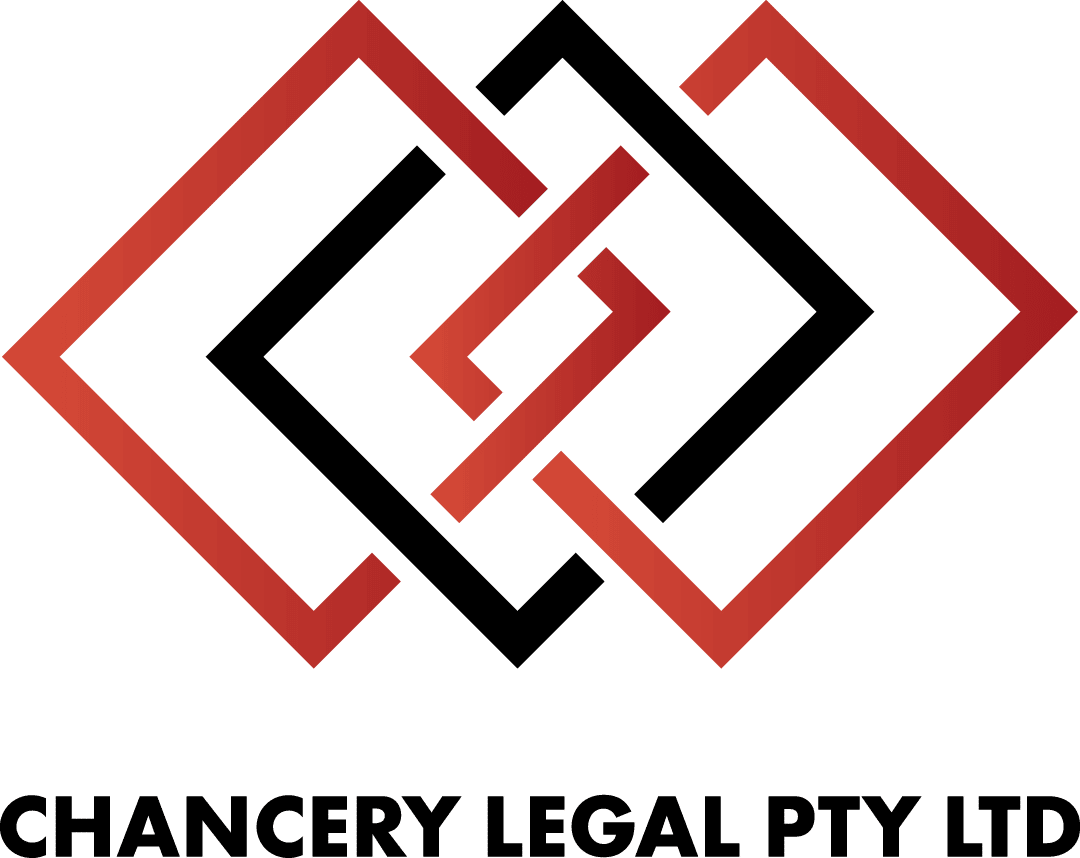Shadow Director Disputes
We often see people who are a registered director of a company with ASIC but not really in absolute control of the business of that company. In some instances they actually do nothing and are simply the person registered with ASIC while someone they know, a friend or family member for example, is the person actually running the company for their benefit.
People who do this are known at law as a ‘shadow director’. Shadow directors are most commonly people trying to conceal their involvement and/ or ownership in a company from third parties. The shadow directors motives can vary but in our experience generally relate to prior or current bankruptcy of the shadow director, a bad credit rating, involvement with prior companies that have gone broke and/ or the shadow director trying to avoid personal liabilities.
Without a declaration from the court that there was a shadow director sitting behind the scenes, it can come at great cost to the legitimate director, who will be the person solely liable for some of the company debts, such as PAYG, superannuation and other creditors.
Example:
In a recent case we acted for person [A] who was the sister of person [B], her brother. Her brother had asked his sister to be the registered director with ASIC of 2 companies. He would ‘take care of everything else’.
After a couple of years our client, the sister, received the post 2 Director Penalty Notices from the ATO seeking payment from her personally of more than $5million in unpaid PAYG.
So what are the remedies available to you if the company gets into financial trouble and you get stuck with some liabilities of the company personally, like unpaid PAYG and/or Superannuation?
The Corporations Act defines a director or officer to include someone who acts as if they are a director, regardless of whether or not they are registered as a director with ASIC.
If the matter can’t be resolved through dispute resolution, an application needs to be made to the Supreme Court to seek orders that will include a declaration that the shadow director be retrospectively declared a director of the company and a further order that that person pay compensation or damages to cover the relevant company liabilities for breaches of the Corporations Act.
If you have been a victim of a shadow director and are left with being personally liable for company liabilities then it is possible to seek orders from the court to have the shadow director pay for those liabilities.
The first step is to issue proceedings in the Supreme Court of your state or Federal Court in which you firstly seek a declaration that the shadow is and was a director and/ or officer of the company as that term is defined in the Corporations Act.
Once that is established, the next step is to determine that the shadow breached their duties as a director under the relevant sections of the Act and common law. Breaches can include conflicts of interest, causing detriment to the company and not acting in the best interests of the company.
If breaches are established, the court can award compensation under the Act as well as equitable compensation to be paid personally by the shadow director.
Our team has extensive experience and success in these types of matters, so if you find yourself in this position contact us for a free consultation to find out how we can help
PRACTICE AREAS
Litigation & Dispute Resolution In The Areas Of
We know you’d prefer to stay out of the courtroom and reach a dispute resolution outcome through settlement or a consent order instead, and that’s where we come in.
Good litigation lawyers possess strong communication and negotiation skills – but great litigation lawyers present a convincing legal argument favouring your position – and that’s what we do. Whether you’re the plaintiff or the defendant, no task is too big or small for our experienced team.
